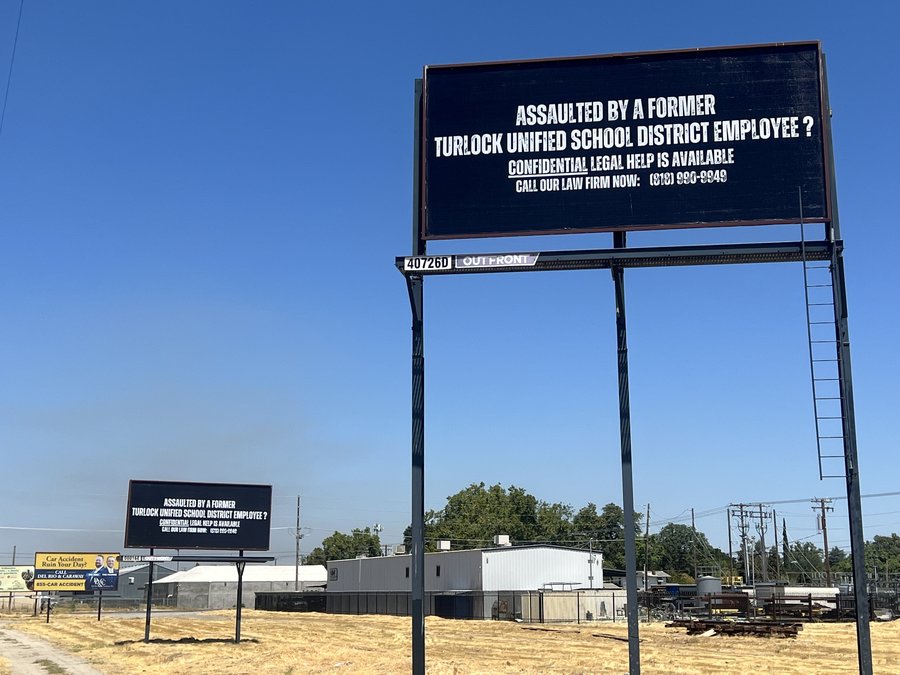California Report Card
Education
Early Learning and Development: C-
K-12: D
Afterschool: B+
Health
Health Coverage: D+
Oral Health: D
Asthma: D+
Mental Health: C
Infant Health: C+
Adolescent Health: C+
Cross-System Issues
Integrated Services: D
Obesity: C-
Safety: D+
Information provided by Children Now
Just as children across the state receive grades based on their scholastic achievements, the State of California is graded by the Children Now organization on its work serving the needs of the state’s youngest residents.
This year, the nonprofit organization that advocates making children a public policy priority, gave California a mostly negative review in the areas of education, health and cross-system issues. Children Now also released “The Children’s Agenda,” a list of the top 10 high-priority actions the group believes California policymakers should take to reverse the declining status of children.
The list includes comprehensive reform of the preschool to grade 12 education system; implementing an early learning and development system for all children from birth to age five; establishing a data system that connects early learning and development through higher education, health, juvenile justice and child welfare; and providing every California child with affordable health coverage and access to quality care.
“The question isn’t should we do these things; it’s why haven’t we done them,” said Ted Lempert, Children Now president. “For children to get the level of attention they so desperately need, especially during this difficult economic time, we have to ramp up children’s advocacy. ‘The Children’s Agenda’ serves as the necessary and time-sensitive first step.”
Under the category of education, Children Now gave California a “C-“ in early learning and development, a “D” in K-12 and the state’s only above average grade, a “B+” in afterschool.
Children Now states California’s K-12 system is failing far too many children. “At the same, California schools continue to be chronically underfunded; 2010-11 funding for education is estimated to be $4.1 billion below the ‘minimum constitutional guarantee’ approved by voters,” reads the report.
The one positive note in the report is California’s afterschool programs. Children Now recognizes that California is a national leader in state-funded afterschool programs, while stating that many schools still do not offer afterschool opportunities despite the research that has found these programs positively impact student achievement.
In the category of health, California received a “D+” in health coverage and asthma; a “D” in oral health, a “C” in mental health and a “C+” in both infant health and adolescent health.
Children Now sees health as the foundation for every child’s physical, emotional, cognitive and social development. The report found that California is at a crossroads on children’s health. Prior to the recession, California was making progress toward improving children’s health, reads the report. But now, with the ongoing state budget crisis and more and more Californians losing their jobs — and their health benefits — children are not getting the healthcare they need.
According to Children Now, California did not fare too well in the cross-system issues category either, rating a “D” in integrated services, a “C-“ in obesity and a “D+” in safety.
In support of their “D” grade for integrated services, Children Now cited that only 2 percent of California’s 332,825 children under age three living in poverty receive educational, health, nutritional and social services they are eligible for offered by the Early Head Start program. And 40 to 70 percent of children in California’s juvenile justice system have some form of mental health disorder or illness, yet only 16 percent have an open mental health case.
In their report on safety, Children Now stated that too many students are bullied at school and then face gang violence in the community.
The report comes as new leadership takes office in the Legislature and California welcomes a new governor. Lempert urged the new leaders to do a “better job of working with the facts and representing children’s best interests.”
“Clearly, any sound plan to revitalize our state must prioritize children’s development,” he said. “California’s history backs this up, as do countless examples from across the country and around the world.”
To contact Kristina Hacker, e-mail khacker@turlockjournal.com or call 634-9141 ext. 2004.









